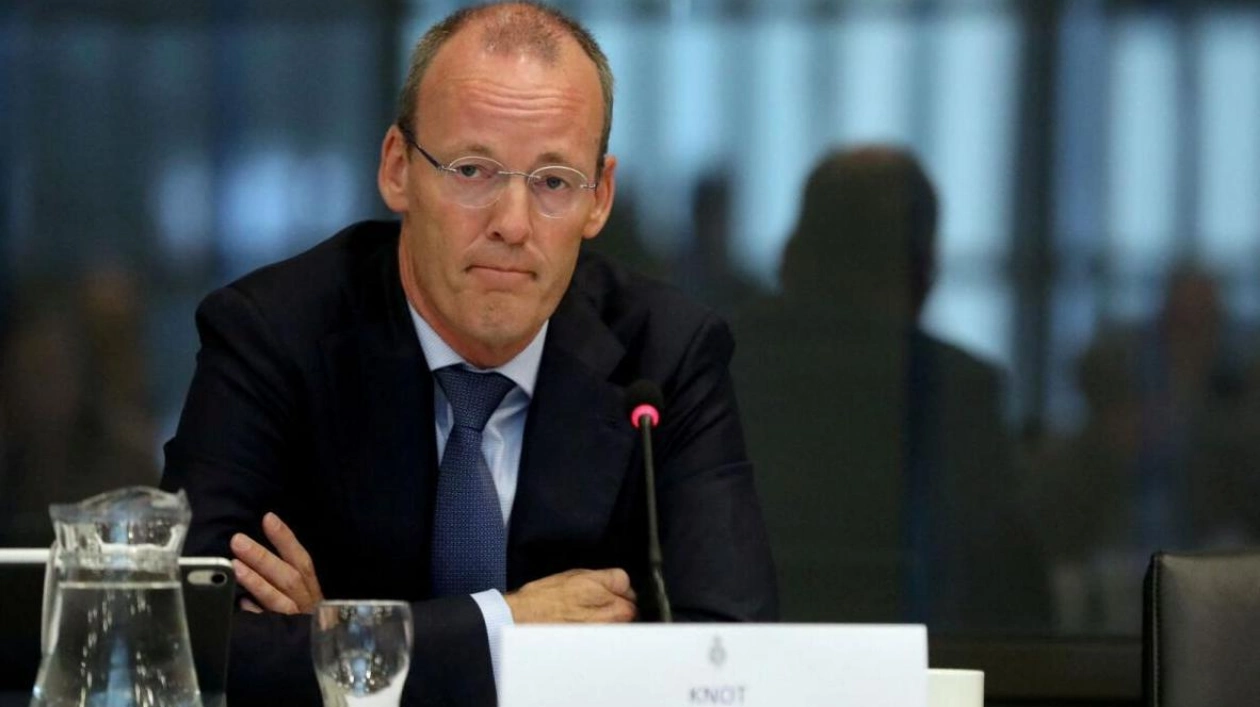Excessive government spending has made it more difficult for the European Central Bank to reduce inflation, and stricter government discipline is required to implement the new budget rules effectively, according to ECB policymaker Klaas Knot. The ECB increased interest rates at an unprecedented rate in 2022 and 2023 to fight inflation. It anticipates a gradual policy reversal, starting with a rate cut in June, due to persistent price pressures and inflation expected to remain above the ECB's 2% target until the end of next year.
"We recognize that an unsuitable fiscal stance can undermine the effectiveness of monetary policy," said Knot, the Dutch central bank chief. "In this scenario, a more restrictive fiscal policy would have been preferable." Although new fiscal rules were introduced in May, Knot noted that these do not guarantee an automatic improvement in the relationship between the ECB and finance ministries across the 20 euro-sharing nations. The new rules allow governments more flexibility to increase spending during economic downturns, but they will only be effective if national governments reduce their debt during economic upturns.
"Whether this occurs will largely hinge on the adherence and enforcement of the rules," Knot stated. "In this context, the new EU fiscal framework will need to demonstrate its effectiveness immediately." Knot argued that it would be beneficial if the bloc had a central budget capacity similar to that during the pandemic, but overall spending should not increase; any supranational spending must be balanced by reduced spending in national budgets. EU nations collaborated during the pandemic to fund the Next Generation EU recovery fund, but some countries, notably Germany, maintain that this should be a one-time event and oppose permanent joint borrowing.
The ECB has consistently argued that reconciling a single monetary policy with 20 different fiscal policies is nearly impossible, and that a form of joint budget would enhance policy efficiency and reduce the cost to growth during periods of high inflation.






